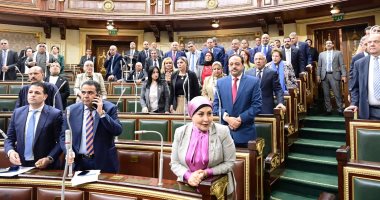
Law No. 73 of 2017 promulgating the investment law established a number of important guarantees, foremost of which is fair and equitable treatment, the inadmissibility of nationalization of investment projects, and the inadmissibility of seizing, confiscating or freezing the funds of investment projects except based on a judicial order or a final ruling.
In this regard, Article 4 states that it is not permissible to nationalize investment projects.
The funds of investment projects may not be expropriated except for the public interest, and in return for a fair compensation paid in advance without delay, and its value shall be equal to the fair economic value of the expropriated money on the day preceding the issuance of the expropriation decision, and the compensations shall be transferable without restriction.
According to the article, it is not permissible to impose receivership on these projects through an administrative method, and receivership is not imposed on them except by virtue of a final judicial ruling, just as it is not permissible to seize them except by virtue of a judicial order or ruling, and all of this is only in the cases indicated in the law.
According to the article, the funds of investment projects may not be seized, confiscated, or frozen except based on a judicial order or a final ruling, with the exception of tax debts and social security contributions due to the state, which may be collected through attachment of all kinds, without prejudice to what is agreed upon in the contracts. concluded by the state or public legal persons with the investor.
It is not permissible for any administrative body to issue administrative decisions to issue general regulatory decisions that add financial or procedural burdens, related to the establishment or operation of projects subject to the provisions of this law, or to impose fees or for services on them, or to amend them, except after taking the opinion of the Board of Directors of the Authority and obtaining the approval of both the Council of Ministers and the Council. the above.